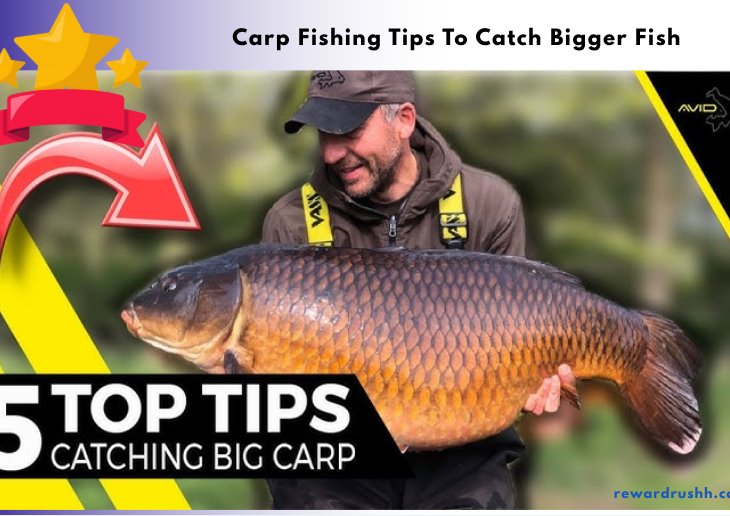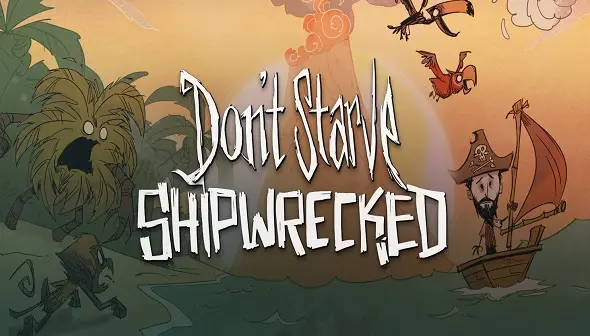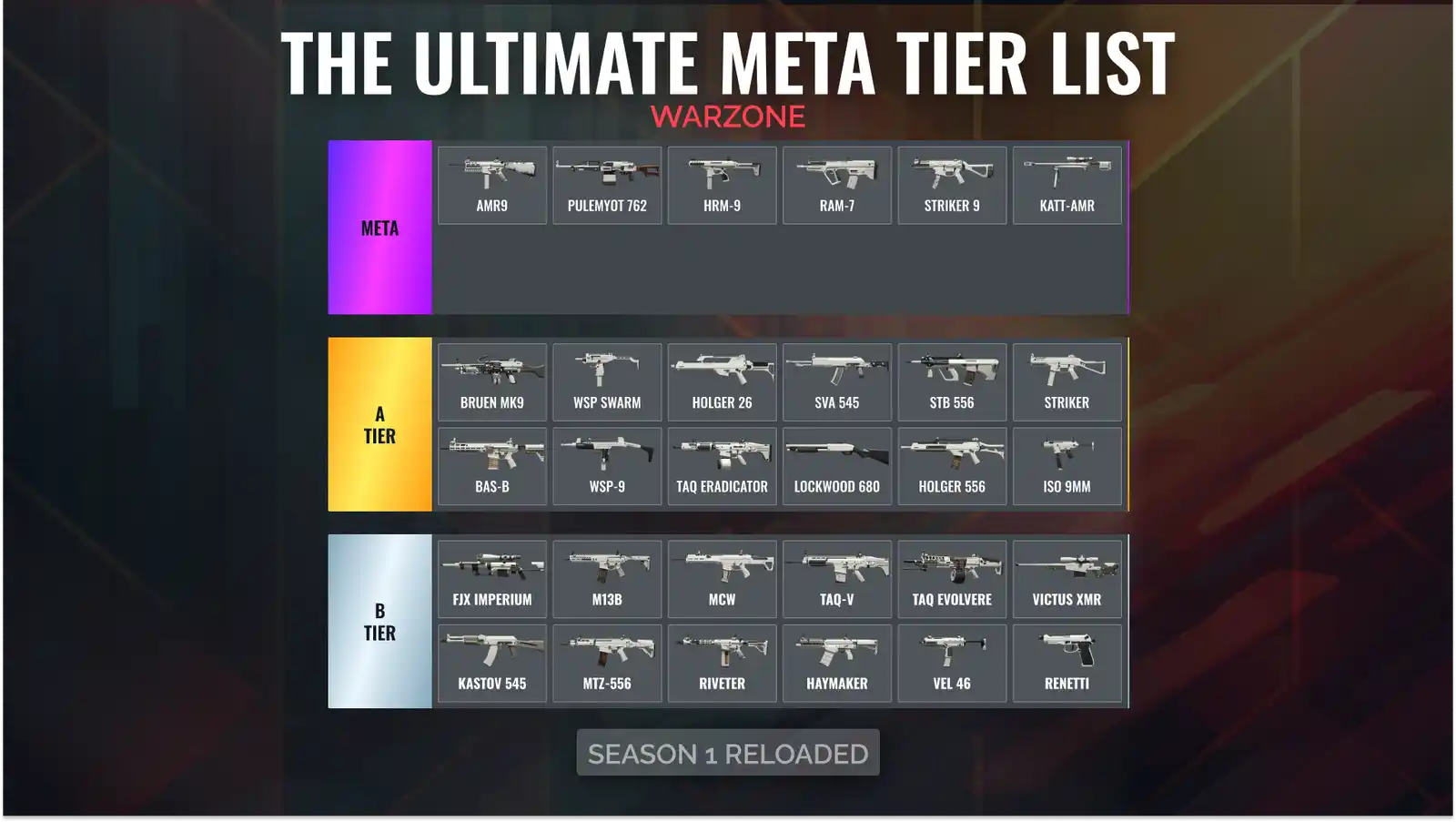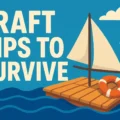Ever stared at the water, rod in hand, wondering why those carp seem to be ignoring your bait? You’re not alone! Many anglers struggle to land those impressive, larger carp.
But what if I told you there are proven carp fishing tips to catch bigger fish that you can start using today? This article will break down essential strategies to help you reel in the carp of your dreams. Get ready to learn about bait selection, rig setups, location scouting, and more!
Understanding Carp Behavior
Before diving into specific tactics, it’s crucial to understand carp behavior. These fish are intelligent and wary.
They learn quickly and can become conditioned to avoid certain baits or areas if they consistently encounter danger. Understanding their feeding habits, preferred habitats, and seasonal movements is key to success.
Feeding Habits
Carp are primarily bottom feeders. They use their sensitive barbels to locate food in the silt and gravel.
Their diet consists of a wide variety of items, including insects, crustaceans, seeds, and vegetation. Understanding what carp are naturally feeding on in your chosen venue is critical for bait selection.
Habitat Preferences
Carp prefer areas with plenty of cover, such as weed beds, lily pads, and overhanging trees. These areas provide them with security and a natural food source.
They also tend to congregate in areas with varying depths, allowing them to regulate their body temperature. Look for features like drop-offs, gravel bars, and channel edges.
Seasonal Movements
Carp behavior changes with the seasons. In the spring, they move into shallower waters to spawn.
During the summer, they are more active and feed heavily. As the water cools in the fall, they start to prepare for winter, feeding less frequently. In winter, they often congregate in deeper, warmer areas and become much less active.
Essential Carp Fishing Tips to Catch Bigger Fish
Ready to up your carp fishing game? Here are some essential carp fishing tips to catch bigger fish that will significantly improve your chances of success.
Location, Location, Location
Finding the right spot is paramount. Spend time observing the water.
Look for signs of carp activity, such as bubbling, jumping, or rolling. Use a marker float to identify underwater features like gravel bars, weed beds, and drop-offs.
Bait Selection: Match the Hatch
Choosing the right bait is crucial. Consider what the carp are naturally feeding on in the venue.
Boilies are a popular choice, but don’t overlook particles like maize, hemp, and tiger nuts. Experiment with different flavors and sizes to see what works best. Pre-baiting can also be very effective.
Rig Selection: Keep it Subtle
A well-presented rig can make all the difference. Use a rig that is appropriate for the bottom conditions and the type of bait you are using.
Hair rigs are a popular choice for boilies, while simple running rigs can be effective for particles. Always use sharp hooks and ensure your rig is tangle-free.
Pre-Baiting: The Power of Preparation
Pre-baiting involves introducing bait into your chosen swim before you start fishing. This can attract carp to the area and encourage them to feed confidently.
Start with small amounts of bait and gradually increase the quantity over several days. Use the same bait that you intend to fish with.
Patience is Key
Carp fishing requires patience. Don’t get discouraged if you don’t catch anything right away.
Sometimes it takes time for the carp to find your bait and start feeding. Stay focused, keep your lines tight, and be ready for action.
Tackle Matters
Using the right tackle is essential for landing big carp. Invest in a good quality rod and reel that are designed for carp fishing.
Use a strong line and a reliable bite alarm. A landing net that is large enough to accommodate big carp is also a must.
Advanced Carp Fishing Techniques
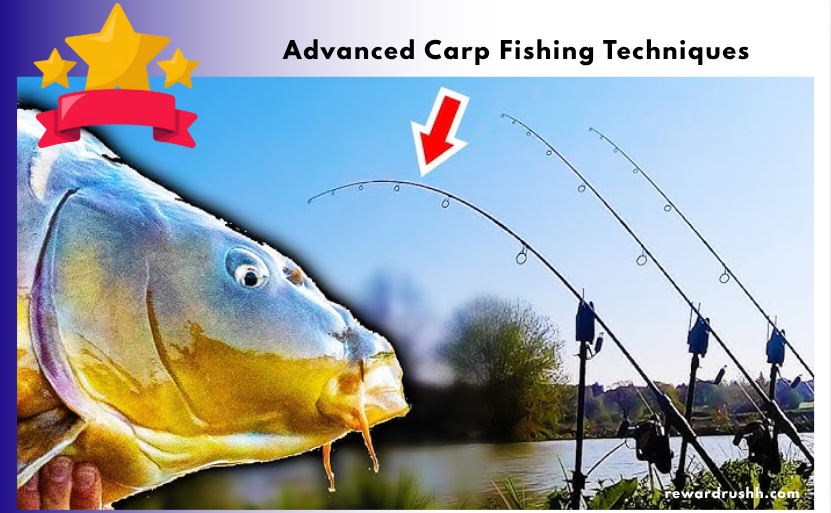
Once you’ve mastered the basics, you can start experimenting with more advanced techniques. These carp fishing tips to catch bigger fish can give you an edge over other anglers.
Zig Rig Fishing
The zig rig is a presentation that suspends your bait off the bottom. This can be effective when carp are feeding higher in the water column.
Experiment with different depths and colors to find what works best. Use a buoyant bait like a foam pop-up.
PVA Bags and Sticks
PVA bags and sticks are a great way to deliver a concentrated amount of bait around your hook bait. Fill them with small particles, boilie crumb, or groundbait.
The PVA will dissolve in the water, leaving a tempting pile of bait around your hook. This can be particularly effective in clear water or when fishing over a clean bottom.
Method Feeder Fishing
The method feeder is a cage or frame that is filled with groundbait. Your hook bait is embedded in the groundbait, creating a highly attractive package.
This technique is particularly effective for attracting carp to your swim and encouraging them to feed. Use a groundbait that is high in attractants and flavorings.
Stalking Carp
Stalking involves actively searching for carp and targeting them with a short rod and a light line. This technique requires stealth and observation skills.
Look for carp feeding in shallow water or around weed beds. Use a small, discreet bait and present it carefully.
Understanding Weather Conditions
Weather conditions can have a significant impact on carp behavior. Pay attention to factors like air pressure, wind direction, and water temperature.
Carp tend to be more active when the air pressure is falling and the wind is blowing towards the bank. Water temperature can also affect their feeding habits, with carp generally being more active in warmer water.
Maintaining Your Catch
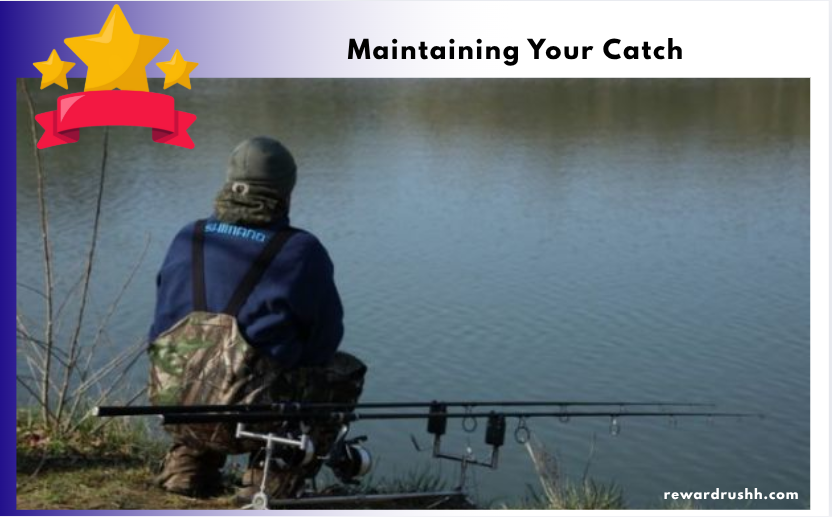
Catching a big carp is a rewarding experience, but it’s important to handle the fish with care. Always use a landing net and unhooking mat to protect the fish.
Keep the fish wet at all times and avoid handling it unnecessarily. Use a carp care antiseptic to treat any hook wounds. Return the fish to the water as quickly as possible.
Conclusion
Mastering carp fishing tips to catch bigger fish requires a blend of knowledge, skill, and patience. By understanding carp behavior, selecting the right bait and rigs, and using advanced techniques, you can significantly increase your chances of landing that trophy carp. Remember to always prioritize the welfare of the fish and practice responsible angling.
What are your favorite carp fishing techniques? Share your experiences in the comments below!
Frequently Asked Questions (FAQ)
Here are some frequently asked questions about carp fishing:
Q: What is the best bait for carp fishing?
A: The best bait for carp fishing depends on the venue and the time of year. Boilies, maize, hemp, and tiger nuts are all popular choices. Experiment with different flavors and sizes to see what works best.
Q: What is the best rig for carp fishing?
A: The best rig for carp fishing depends on the bottom conditions and the type of bait you are using. Hair rigs are a popular choice for boilies, while simple running rigs can be effective for particles.
Q: How do I find carp in a new venue?
A: Spend time observing the water. Look for signs of carp activity, such as bubbling, jumping, or rolling. Use a marker float to identify underwater features like gravel bars, weed beds, and drop-offs. Talk to other anglers who have fished the venue before.

